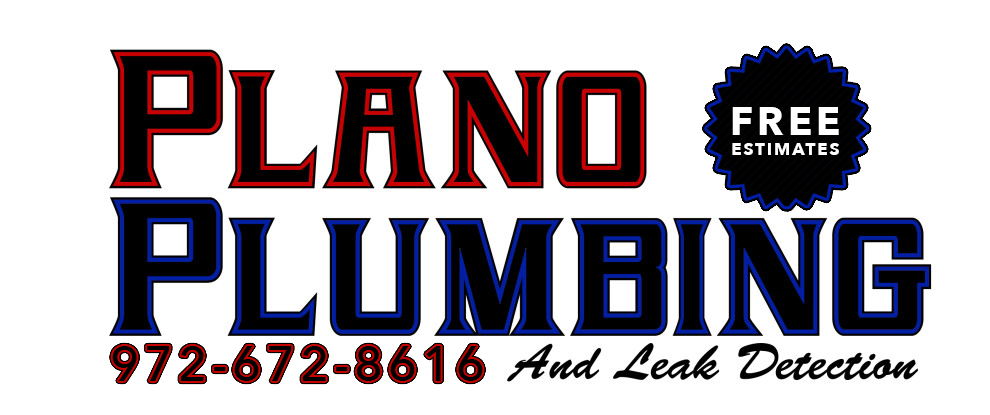A slab leak is a leak in the water pipes under your home – specifically, under the foundation or concrete slab that your home is built upon.
Such a leak can cause damage to your home by flooding your home with water and destroying your flooring and causing damage to your sheetrock and paint. It can also lead to an increase in your water bill usage and charges, and your utility bill depending if you have a Gas/Electric Water Heater and your Slab leak is a hot water leak, which we estimate 80% of the slab leaks tend to be Hot Water Leaks rather than a cold water leak.
Your best solution is to get the leak fixed by a professional licensed plumbing company that specializes in water leak detection as soon as possible. But how do you know if you have a slab leak, and what causes it?
Common Signs That You Might Have a Slab Leak
How can you tell if your pipes are leaking under your slab foundation? Here are just a few of the signs you might have a slab leak.
- Your Floor Is Hot: If the leak is in your hot water pipes, your floor will feel warm. The water has leaked into and under the concrete slab, and now it’s warming the floor. This may also make your water heater run constantly.You Hear Water Sounds: When you hear water sounds or water rushing or a humming sound near a fixture such as a bathroom sink or kitchen sink or water heater. This is a good sign you have a slab leak. The sound is water replenishing the pipes due to loss under slab.
- High Water Bills: Even a few dollars’ difference can indicate something is wrong with your pipes. Pay close attention to your bill. If it goes up exponentially one month or steadily over a few and you aren’t doing anything out of the ordinary, there’s a good possibility that you have a leak.
- Your Carpet or Flooring is Damp: Wet floors are an obvious indicator that you have some sort of leak. The water that’s leaking out of your pipes has nowhere to go after a while. Once it starts accumulating, the pool of water will eventually lead to wet flooring.
- Your Water Pressure Is Low: If water is leaking out of your pipes, there’s less water available for your indoor plumbing needs. Pay attention to the water pressure when you take a shower or wash your hands. Unexpected low water pressure can be a sign there’s a leak.
Action You Should Take Right Away If You Expect a Leak
What should you do if you see any signs of a possible slab leak?
You need to call a professional plumber who specializes in leak deteciton immediately.
A slab leak is not something just anyone can fix. It takes time, expertise, and proper equipment. It also takes getting the proper diagnosis.
Don’t leave potential slab leak repairs to just anyone. Get help from people who have the training to get the job done right. Do you notice the signs of a leak in your home? Contact Plano Plumbing & Leak Detection today to schedule an evaluation.


Pingback: How to Get a Plumber to Fix a Slab Leak - Future House
Pingback: The Hidden Dangers of Water Line Slab Leaks: What You Need to Know - The Hidden Homes